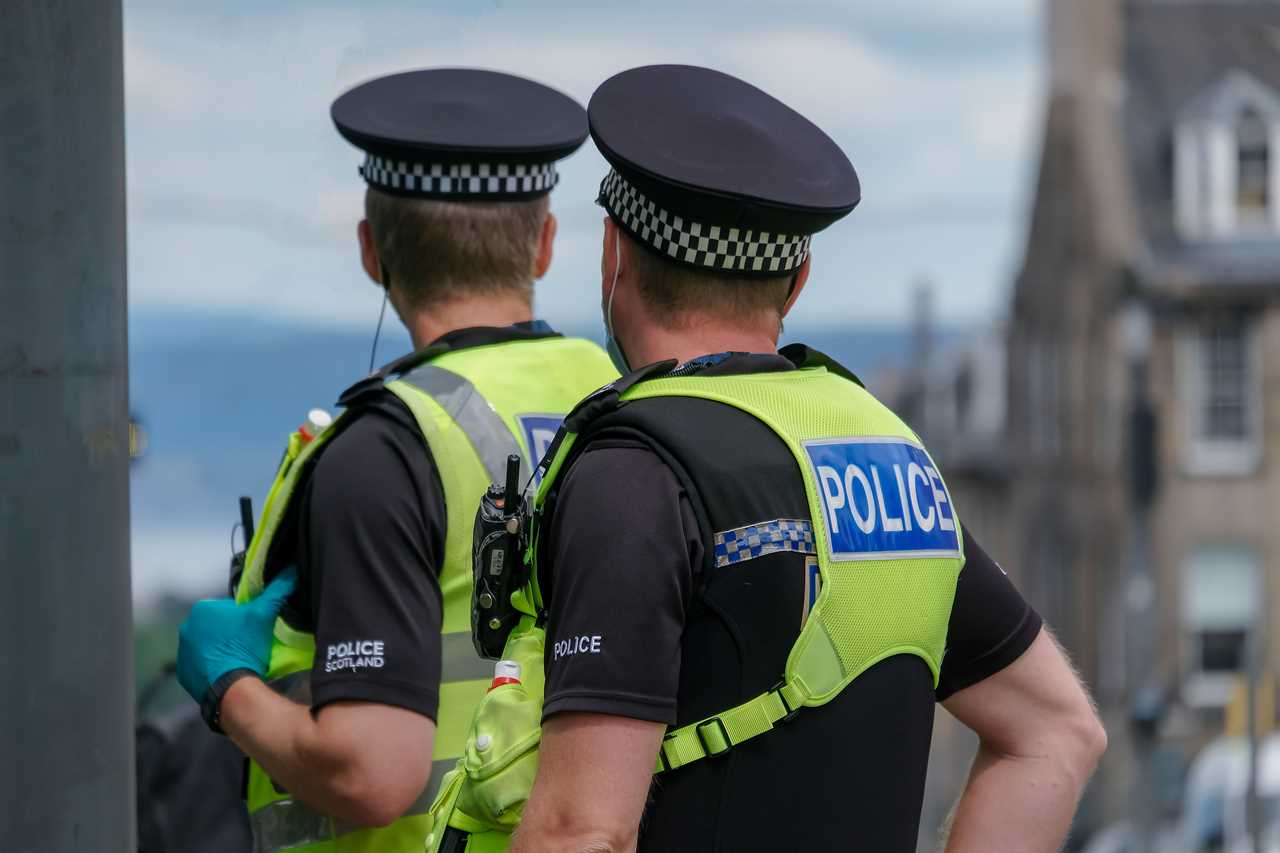
Amid mounting pressure, the Conservative party is set to push for a ban on police recording so-called "non-crime hate incidents" in the UK. These incidents, which involve logging offensive statements even when no crime has been committed, have sparked controversy for their potential to infringe on civil liberties. With over 13,000 incidents documented annually, including cases as minor as playground taunts and social media comments, concerns have been raised about the misuse of police resources and the impact on individuals' lives.
The Wider Context: Balancing Free Speech and Hate Crime Prevention
At the heart of this debate lies the delicate balance between upholding free speech rights and combating hate speech. While critics argue that the current system allows for the over-policing of speech, proponents highlight the importance of monitoring hate incidents to prevent escalation into more serious crimes. The proposed Conservative amendment to the Crime and Policing Bill reflects a growing discontent with the perceived overreach of police powers in surveilling and recording non-criminal behaviour.
Challenges of Policing and Data Retention
One of the key concerns raised by critics is the potential for innocent individuals to be unfairly targeted and have such incidents erroneously reflected on their records. This not only raises questions about privacy and data protection but also highlights the need for clearer guidelines on what constitutes a non-crime hate incident. Additionally, the lack of analysis by most police forces on the effectiveness of retaining such data underscores the need for a more evidence-based approach to policing strategies.
Government Response and Policy Implications
The government's stance on this issue reflects a broader debate on the role of law enforcement in addressing hate speech and promoting community safety. While proponents of the current system argue for the importance of monitoring and addressing hate incidents, critics contend that the focus should be on more tangible crime prevention efforts. The proposed amendment to restrict the retention of personal data on non-criminal behaviour signals a potential shift towards a more targeted and rights-conscious approach to policing.

Overall, the discussion surrounding the recording of non-crime hate incidents underscores the complexities inherent in balancing individual freedoms with societal safety. As the debate unfolds, it prompts us to reflect on the broader implications of policing practices on civil liberties and social cohesion. Finding a nuanced and effective approach to addressing hate speech while safeguarding individual rights remains a key challenge for policymakers and law enforcement agencies alike.
Did you miss our previous article...
https://trendinginthenews.com/uk-politics/analysis-prison-officers-call-for-tasers-in-highsecurity-jails-raises-complex-safety-and-ethical-concerns






